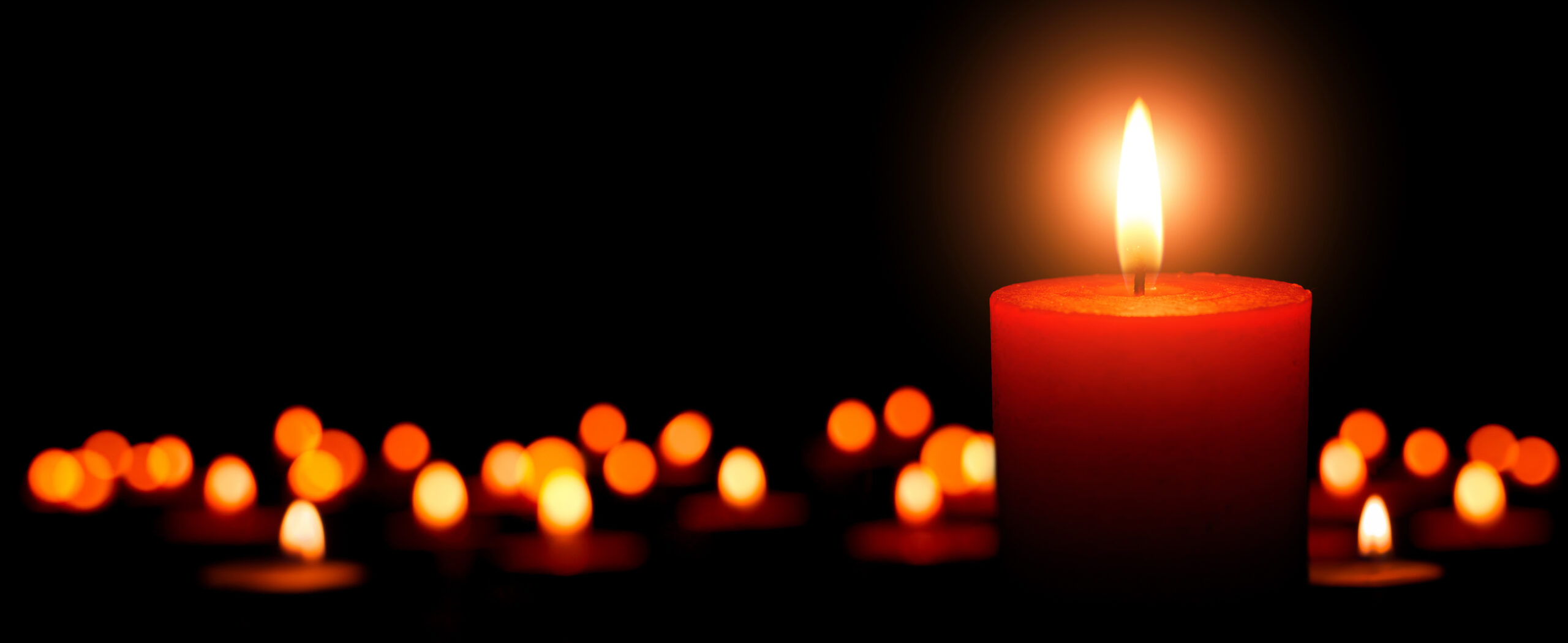April 26 2024
April 28, the National Day of Mourning, is an annual day of commemoration to remember and honour those lives lost or injured due to a workplace tragedy. We all can play a part to improve health and safety in the workplace, and to prevent further injuries, illnesses, and deaths. Ceremonies marking the day will be held across the country.
“Every worker deserves to go home at the end of the day. NUPGE will continue to fight for safer working conditions for our members and all working people,” said Bert Blundon, President of the National Union of Public and General Employees (NUPGE).
Health care and social assistance workers facing rising levels of violence
According to the Association of Workers’ Compensation Boards of Canada, in 2022, there were a total of 348,747 claims for lost work time. Workers in health care and social assistance represented the occupations with 127,584, such claims, the highest number by far. This comes as no surprise to NUPGE since we hear every day from our members who work facilities and in the community about rising levels of violence.
Our health care members recount stories of daily verbal and physical abuse by patients and their family members, and by other members of the public. High-risk patients and clients cross the paths of our members in many places: emergency departments, psychiatric units, acute-care facilities and residential care homes, transition houses, child development centres, outpatient clinics, long-term care and nursing homes, and in home care throughout the community.
The COVID-19 pandemic exposed pre-existing inequalities and problems within our health and social services systems, causing heightened levels of frustration, isolation, and fear. Public sentiment became highly polarized, with increased anger and intolerance directed at health care professionals and first responders. The repercussions of the pandemic—delays in care, lack of beds, recruitment and retention issues—have exacerbated the anxiety and distress that patients, their families, and their friends feel, which often leads to threats to a health care professionals’ safety.
Longer and more dangerous fire seasons increases harm to workers
With at least 102 fires already burning across the country, including an evacuation order in District of Chetwynd (just lifted), concern for the well-being of Forest/Wildland firefighters is top of mind.
More and more, we are seeing record-high temperatures. In areas where there is a reduction in snowfall, or that have earlier snowmelts, forest beds are remaining only superficially wet. The moisture does not soak deeper into the ground, so when a fire starts, it burns the dry vegetation and deeper in the ground, allowing stronger and faster spread. These conditions create longer fire seasons, and more complex fires to fight, and fires that are harder to put out.
Working in dangerous environments, facing extreme temperatures, noises and exposure to harmful chemicals all have the potential to lead to serious long-term illnesses. Firefighters are at increased risk of cardiovascular disease, pulmonary disease, mental health concerns, noise-induced hearing loss and cancer. It is the last one that is the main source of contention for Forest/Wildland firefighters. Unlike urban firefighters and some emergency response workers, Forest/Wildland firefighters do not have access to presumptive coverage when it comes to cancer. This needs to change.
On this Day of Mourning, we remember those Forest/Wildland firefighters who lost their lives on the job in 2023:
- Devyn Gale, 19, from Revelstoke, B.C., was killed on July 13 by a falling tree while she was clearing brush with her team near a wildfire in a remote area outside her hometown.
- Acho Dene Koe band member Adam Yeadon, 25, from Fort Liard, N.W.T., died following an injury while battling a blaze near his community on July 15.
- Ryan Gould, 41, from Whitecourt, Alta., died on July 19 when his helicopter crashed while he was fighting a forest fire in northern Alberta.
- Zachery Freeman Muise, 25, from Waterford, Ont., died on July 28 while helping to contain the Donnie Creek wildfire in B.C.
- 4 subcontractors with B.C. Wildfire were all killed in a head-on collision with a tractor trailer on Sept. 20 in B.C. while they were travelling to the Kamloops base after a 14-day wildfire deployment in the Vanderhoof area.
Blundon continued, “Unions have fought long and hard on the issue of health and safety in the workplace. Today, we recommit to this struggle. We will fight for all the things to keep workers safe: presumptive coverage for those who need it, more training for hazardous work, and more accountability from employers. One injury, one death is too many.”

